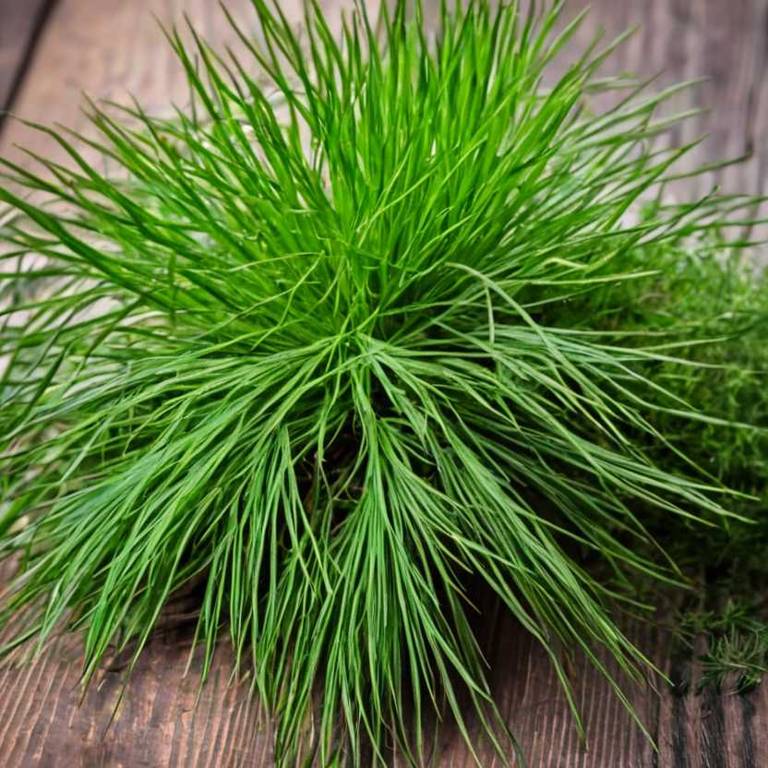Cyperus Esculentus: What To Know Before Using It For Medicinal Purposes

Cyperus esculentus, commonly known as nutgrass, has been traditionally used in various medicinal systems for its potential therapeutic properties.
It contains bioactive compounds such as flavonoids, phenolic acids, and alkaloids, which may contribute to its anti-inflammatory, antimicrobial, and antioxidant effects. In folk medicine, it has been employed to treat ailments such as digestive disorders, skin infections, and respiratory conditions. Recent scientific studies suggest that extracts from Cyperus esculentus may exhibit antidiabetic and hepatoprotective properties.
However, further research is needed to fully explore its pharmacological potential and ensure its safe use in modern medicine.
Health Benefits
Cyperus esculentus has several health benefits, such as its rich content of nutrients that support overall well-being.
It is known to aid in digestion due to its high fiber content, which helps regulate bowel movements and prevent constipation. The plant also contains compounds with anti-inflammatory properties that may help reduce inflammation in the body. Additionally, Cyperus esculentus has been traditionally used to promote respiratory health by acting as a natural expectorant.
Its antioxidant properties further contribute to protecting cells from damage caused by free radicals.
10 Best Health Beneift of Cyperus esculentus
Bioactive Constituents
Cyperus esculentus has several bioactive constituents, such as alkaloids, flavonoids, phenolic compounds, and saponins, which contribute to its medicinal properties.
These compounds exhibit antioxidant, anti-inflammatory, and antimicrobial activities, making the plant valuable in traditional and modern medicine. Alkaloids like cyperine and esculentine have been shown to possess pharmacological effects, including antidiabetic and hepatoprotective properties. Flavonoids and phenolic compounds contribute to the plant's ability to neutralize free radicals and reduce oxidative stress.
Overall, the diverse bioactive profile of Cyperus esculentus supports its use in the treatment of various ailments and as a potential source for drug development.
Medicinal Preparations
Cyperus esculentus has several medicinal preparations, such as teas, tinctures, and topical applications.
The rhizomes and leaves are commonly used to prepare herbal teas that are believed to aid in digestion and reduce inflammation. Tinctures made from the plant are often used to support respiratory health and relieve symptoms of coughs and colds. Topical applications of Cyperus esculentus are used to treat skin conditions and promote wound healing due to their antimicrobial properties.
These preparations are widely utilized in traditional medicine systems across various regions for their therapeutic benefits.
Side Effects
Cyperus esculentus can have some side effects, such as gastrointestinal discomfort when consumed in large quantities.
It may cause allergic reactions in individuals sensitive to plants in the Cyperaceae family. Prolonged use might lead to liver or kidney damage due to the presence of certain bioactive compounds. In some cases, it may interfere with hormonal balance, particularly in women.
It is important to consult a healthcare professional before using Cyperus esculentus for medicinal purposes.